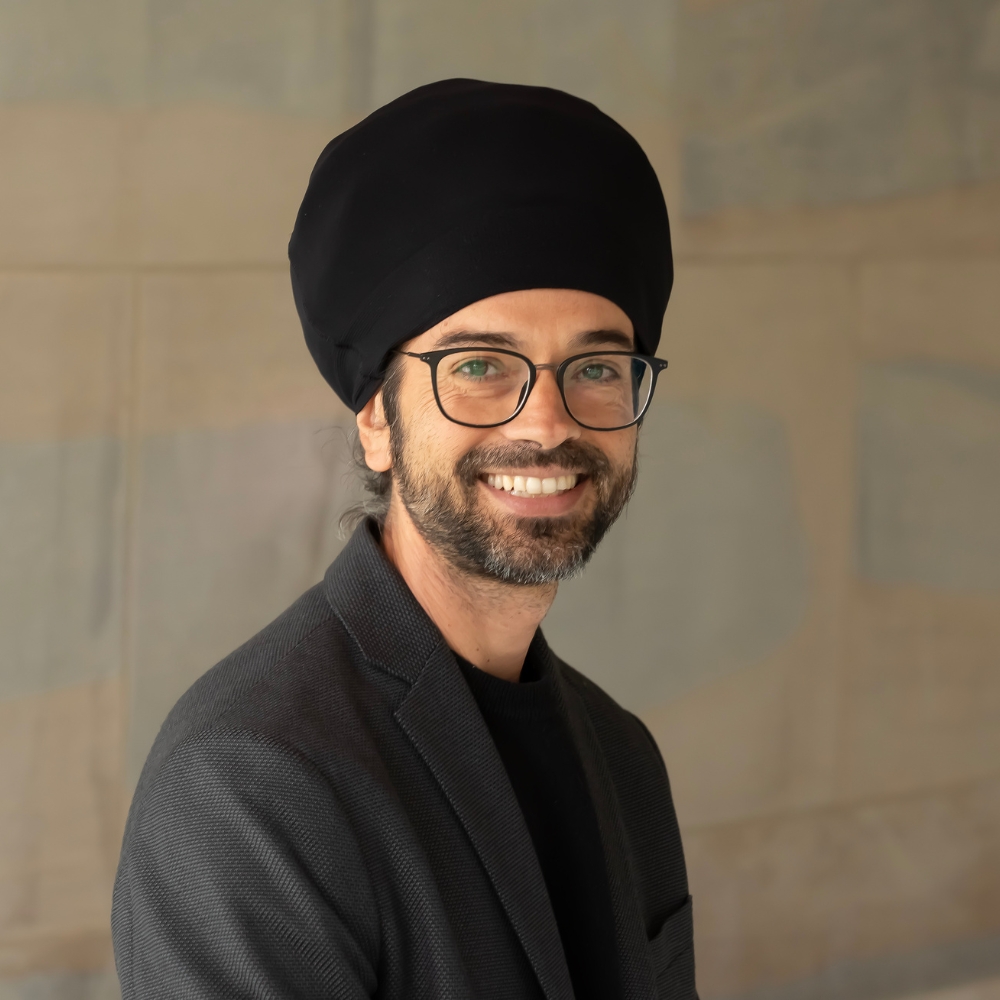About our research
The main question addressed is, how can we use the socio-cultural role of 3D technologies in sustaining communities and heritage through disasters?
The project is funded by the UK Research & Innovation (UKRI) Future Leadership Fellowship programme, and builds on the work undertaken by Dr Di Giuseppantonio Di Franco in her award winning project Italia Terremotata.
The proposed programme of research introduces a novel theoretical contribution by conducting the first in-depth longitudinal study on the socio-cultural role of 3D technologies (e.g. photogrammetry, laser scanning, rapid prototyping) for building community resilience and helping communities to respond to, recover from, prepare for, and mitigate the social effects of natural disasters (i.e. the main time phases of the Hazard Management Cycle -HMC).
Through collaboration with cutting-edge technology companies, REPLACE will enhance the UK's leading role in the transformational use of new technologies to sustain heritage, communities and culture through disasters, in accordance with UN Sustainable Development Goal 11, the Sendai Framework 2015-30 and ICOMOS Common Dignity Initiative, Rights-Based Approach.
The project will inform local and national hazard management policymakers such as Italy’s Regional Cultural Relics Office as well as the international disaster management community through the World Heritage Committee, developing good practice standards for using 3D technologies in post-disaster recovery.
With the growing impact of the climate crisis becoming increasingly evident in communities around the world, this series of case studies in Italy will inform how societies and communities can mitigate and tackle episodes of destruction, with a series of publications, events and reports documenting the project's findings.
If you would like to know more about the project, please contact the project team at replace@essex.ac.uk or follow us on our social media channels.
Recent articles











